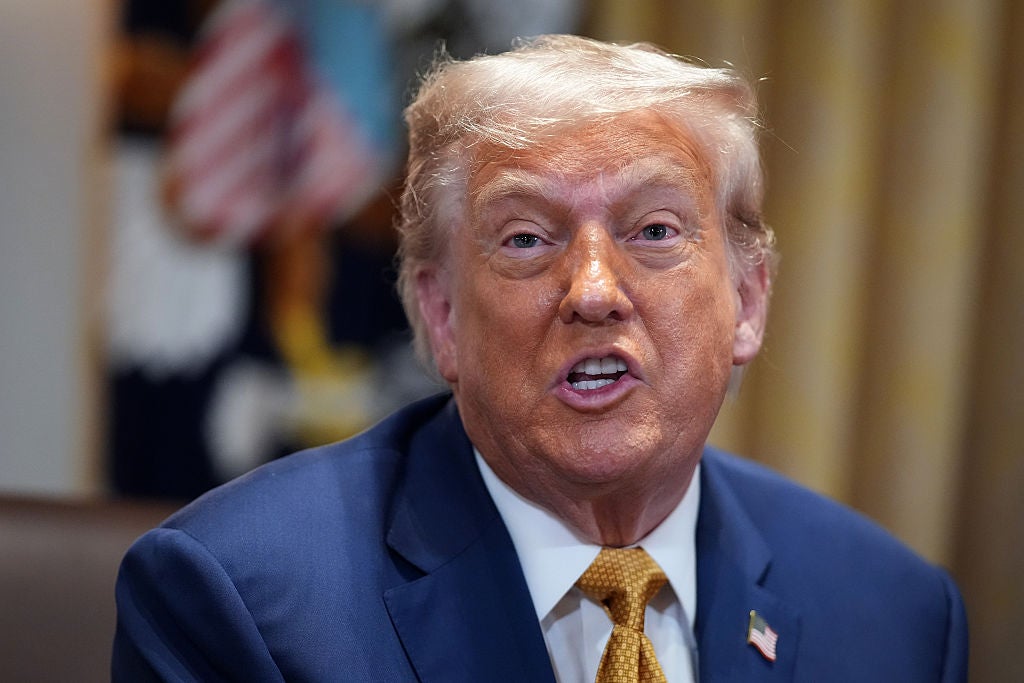Tariff Threat: Potential Transformation of Global Pharma Supply Chains
- Small Town Truth

- Jul 9
- 3 min read

Tariff Threat Could Transform Global Pharmaceutical Supply Chains
The announcement by US President Donald Trump regarding a potential 200% tariff on imported pharmaceuticals has raised significant concerns within the industry. This prospective policy aims to reshape the landscape of drug manufacturing and importation into the United States.
During a White House address on July 8, Trump indicated that the introduction of tariffs would give pharmaceutical firms a transitional period of about a year to adapt before facing elevated import costs. He stated, “We’re going to give people about a year, year and a half to come in, and after that they’re going to be tariffed if they have to bring the pharmaceuticals into the country at a very high rate, like 200%.”
This proposed tariff is markedly higher than the previously suggested 25% levy issued in March 2025, and even though 10% tariffs affected several nations earlier this year, pharmaceutical entities had been momentarily excluded from those tariffs. Nevertheless, both Trump and US Commerce Secretary Howard Lutnick have continued to imply that pharmaceutical tariffs could be enforced imminently.
Cyrus Fan, a research analyst at GlobalData, expressed the industry's apprehensions, indicating that the extensive timeline required for domestic pharmaceutical manufacturing could undermine the intended effects of the tariffs. Fan remarked, “Moving pharma manufacturing domestically takes years, far longer than the grace period Trump is proposing.”
He noted that several pharmaceutical companies have already committed substantial investments to enhance their production capabilities in the US, prompted by Trump's push for domestic manufacturing. However, the industry still cautions that imposing tariffs on medications may inadvertently inflate prices for consumers.
Marco Forgione, the director general of the Chartered Institute of Export & International Trade, affirmed the potential repercussions of such drastic tariffs. He suggested that implementing a severe tariff—especially at a rate of 200%—would impact global pharmaceutical supply chains significantly. He stated, “This kind of tariff shock... would reverberate through global pharmaceutical supply chains.” Forgione elaborated that UK exporters, deeply involved in US healthcare delivery, could face disruptions, potentially triggering a rush to localize production, thereby escalating costs and delaying the availability of essential treatments.
The pharmaceutical supply chain's intricate nature means that tariffs can lead to widespread consequences, particularly affecting smaller enterprises and contract manufacturers who may lack the agility to adjust their operations quickly. A collaborative approach is essential to mitigate a new tariff escalation involving essential goods.
Despite the tariff announcement, the stock market's reaction among pharmaceutical companies was relatively stable, with only minor declines observed in certain firms with international manufacturing operations. For instance, Eli Lilly's stock saw a decrease of 2.24% from $791.64 before the announcement to $773.02 afterward, likely due to its manufacturing presence in Ireland, although it slightly recovered to close at $777.66.
Notably, Ireland is home to numerous major global pharmaceutical manufacturers that supply medicines and active ingredients to the United States. In February 2025 alone, Irish medical and pharmaceutical exports to the US surged over 450% compared to the previous year, totaling €10.5 billion ($11.8 billion) as reported by Reuters.
To mitigate the ramifications of the looming pharmaceutical tariffs, several drug manufacturers have announced plans to invest in manufacturing facilities in the United States. For example, Eli Lilly has pledged an additional $27 billion towards US production facilities, while other major companies such as Novartis and Sanofi have made similar commitments to enhance domestic manufacturing capabilities.
.png)